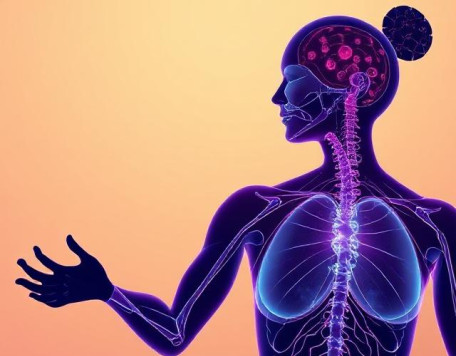© Pint of Science, 2025. All rights reserved.
What tools do we have to fix our brains when something goes wrong? Join us tonight to find out about how researchers are using new therapies to improve treatment for epilepsy and dementia.
Gene therapy for epilepsy
Dr Yichen Qiu
(Research Fellow in the Institute of Neurology)
Roughly one in every 100 people worldwide have epilepsy: a neurological disorder which involves recurrent, often debilitating seizures. Yet the existing options for treatment remain limited by side effects, while up to a third of patients don’t respond to epilepsy drugs at all. Gene therapy offers a promising alternative: by introducing targeted genetic particles, we can adjust the activity of brain cells to prevent them developing seizures. Dr Yichen Qiu will discuss the latest developments in this exciting field and how it could shape the future of epilepsy treatment.
Developments in the treatment of Alzheimer’s disease
Dr Christopher Belder
(Neurologist; Clinical Research Fellow at the Dementia Research Centre, UCL Institute of Neurology)
Alzheimer’s disease is the most common cause of dementia, affecting around half a million people in the UK. Over the last several decades, our understanding of the changes in the brain that lead to this condition has expanded dramatically. There have recently been several highly publicized trials of treatments that reverse some of the underlying changes in the brain, and in doing so might change the disease course of those affected. Dr Christopher Belder will discuss these exciting developments and the hope that this brings for the future of dementia care.
Map data © OpenStreetMap contributors.
Other The George IV events
2025-05-21
When Feelings Go Wrong – The Science of Emotions and Social Behaviour
The George IV
185 Chiswick High Road, London, W4 2DR, United Kingdom
2025-05-20
Metacognition: Observing One’s Own Thought Process
The George IV
185 Chiswick High Road, London, W4 2DR, United Kingdom



